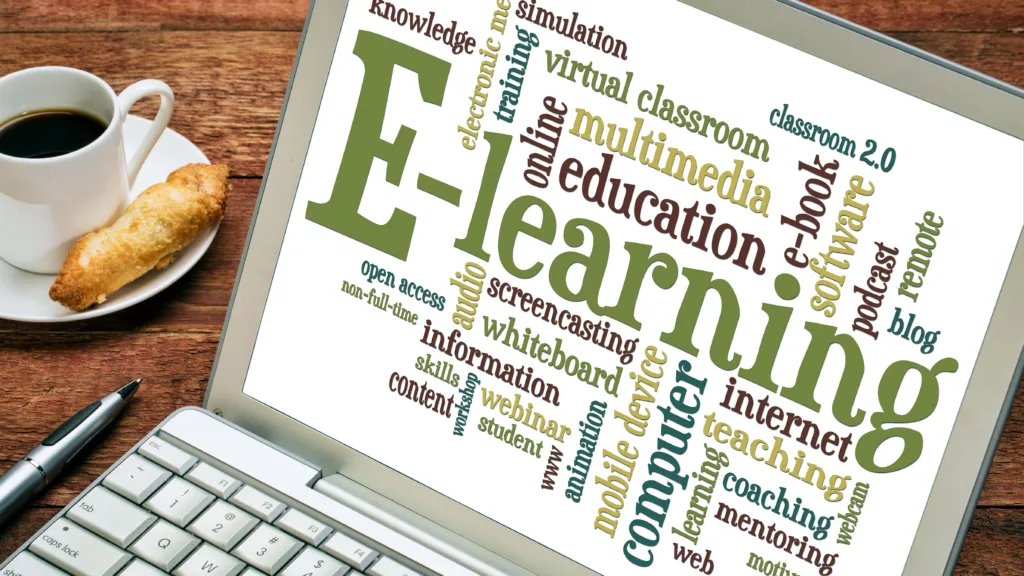In the age of digital transformation, online education has emerged as a powerful catalyst for change, redefining the traditional paradigms of learning across the globe. Pakistan, with its rich cultural heritage and burgeoning youth population, is not immune to this transformative wave. This article explores the dynamics of online learning in Pakistan, delving into its evolution, challenges, opportunities, and the potential it holds for shaping the future of education in the country.
- The Absolute Value of Education for Career Building
- National Education Day of India 2023: Things you need to know
I. The Evolution of Online Education in Pakistan:
1. Early Adoption and Challenges:
Online education in Pakistan began to gain traction in the early 2000s with the advent of internet connectivity. However, there were difficulties in the early years, such as limited access to high-speed internet, outdated technology, and a general lack of knowledge about the advantages of online learning.
2. Government Initiatives and Partnerships:
Recognizing the potential of online education, the Pakistani government has taken steps to promote digital learning. Partnerships with international organizations, investments in technological infrastructure, and initiatives like the Prime Minister’s Ehsaas Program have aimed at enhancing accessibility to education through online platforms.
II. The Current Landscape:
1. Access and Connectivity:
Improved internet infrastructure and the widespread availability of affordable smartphones have significantly increased access to online education in Pakistan. However, challenges persist in remote and underserved areas where internet connectivity remains a hurdle.
2. Diversity of Online Learning Platforms:
A plethora of online learning platforms, both local and international, offer diverse courses and programs catering to a wide range of educational needs. From school-level subjects to professional certifications, learners in Pakistan have access to a vast repository of knowledge.
III. Challenges in Implementation:
1.Digital Divide:
Despite progress, a significant digital divide exists in Pakistan. Rural and economically disadvantaged areas often lack the necessary infrastructure, devices, and internet connectivity, limiting access to online education.
2.Quality Assurance:
Ensuring the quality of online education remains a challenge. Issues related to the accreditation of online degrees, standardization of courses, and assessment procedures need careful consideration to build trust in the efficacy of online learning.
3. Cultural Perceptions:
Deep-rooted cultural perceptions regarding the value of traditional education versus online learning pose challenges. Convincing stakeholders, including parents and employers, about the legitimacy and effectiveness of online degrees is an ongoing endeavor.
IV. Opportunities and Advancements
1. Skill development and employability:
Online education presents an opportunity for skill development, addressing the gap between traditional education and the skills demanded by the job market. Platforms offering courses in technology, entrepreneurship, and soft skills contribute to enhancing employability.
2. Global Collaboration:
Online education facilitates global collaboration and the exchange of ideas. Pakistani students can enroll in courses offered by prestigious international institutions, fostering a diverse and global perspective in their education.
3. Entrepreneurship and Innovation:
The rise of online education has also sparked entrepreneurship and innovation in Pakistan. Local ed-tech startups are creating platforms tailored to the Pakistani context, offering solutions for language diversity, localized content, and adaptive learning.
V. Impact on Traditional Education Systems
1. Blended Learning Models:
The integration of online learning into traditional education systems has given rise to blended learning models. Educational institutions are incorporating online components to enhance classroom teaching, creating a hybrid approach that combines the best of both worlds.
2. Teacher Training and Development:
The adoption of online education necessitates training and development for educators. Initiatives focusing on equipping teachers with the skills to navigate digital platforms and create engaging online content are essential for the successful integration of technology in education.
VI. Case Studies and Success Stories
1. Virtual University of Pakistan:
The Virtual University of Pakistan stands as a pioneer in online education. Established in 2002, it has been at the forefront of providing affordable and accessible higher education to a diverse student population across the country.
2. EdTech Startups:
Success stories of local ed-tech startups, such as Sabaq, Knowledge Platform, and Taleemabad, highlight the potential for innovation and impact in the education sector. These platforms focus on interactive, localized content that aligns with the national curriculum.
VII. Future Prospects and Recommendations
1. Infrastructure Development:
Continued investment in digital infrastructure, including broadband connectivity in remote areas, is crucial for bridging the digital divide. Public-private partnerships can play a significant role in this endeavor.
2. Policy Frameworks:
The formulation of clear and supportive policy frameworks for online education is essential. Policies should address accreditation standards, quality assurance mechanisms, and the recognition of online degrees to build credibility.
3. Community Engagement and Awareness:
Engaging communities and raising awareness about the benefits of online education are vital. Community-based initiatives, coupled with awareness campaigns, can help dispel misconceptions and foster a positive perception of online learning.
4. Collaboration with Industry:
Collaboration with industries and employers can ensure that online education aligns with the evolving needs of the job market. Industry partnerships can contribute to the development of relevant and industry-specific courses.
Conclusion
Online education in Pakistan is not just a response to contemporary challenges; it represents a paradigm shift in how education is conceived, accessed, and delivered. The environment is dynamic, with opportunities, challenges, and a common effort to redefine the future of learning. As the nation navigates this transformative journey, the synergy between technology, education, and community engagement holds the key to unlocking the full potential of online learning in Pakistan. In the words of Nelson Mandela, “Education is the most powerful weapon which you can use to change the world,” and online education stands as a potent catalyst for change in the educational landscape of Pakistan.
Share this content:

